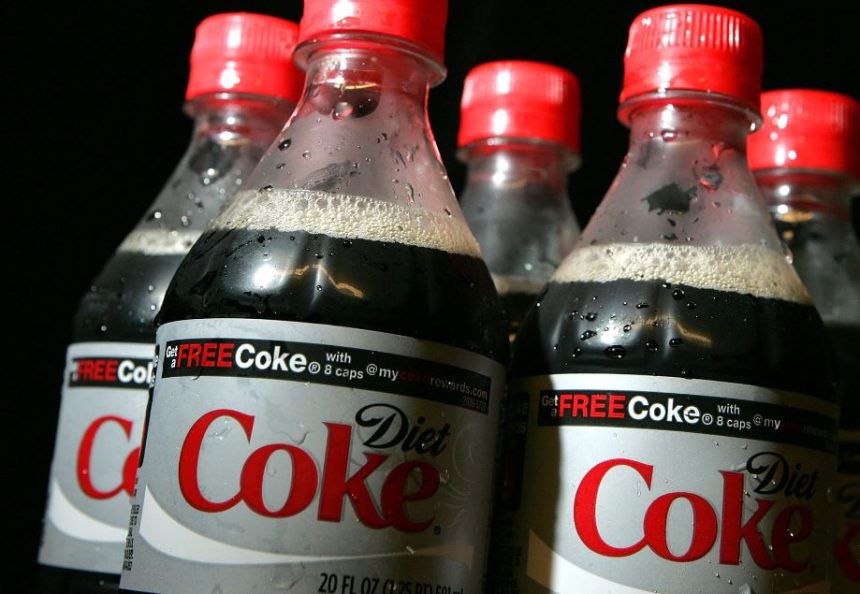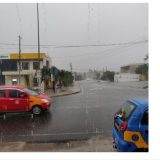According to two persons with knowledge of the procedure, one of the most popular artificial sweeteners in the world is about to be classified as a potential carcinogen by a prestigious international health organisation, pitting it against the food sector and regulators.
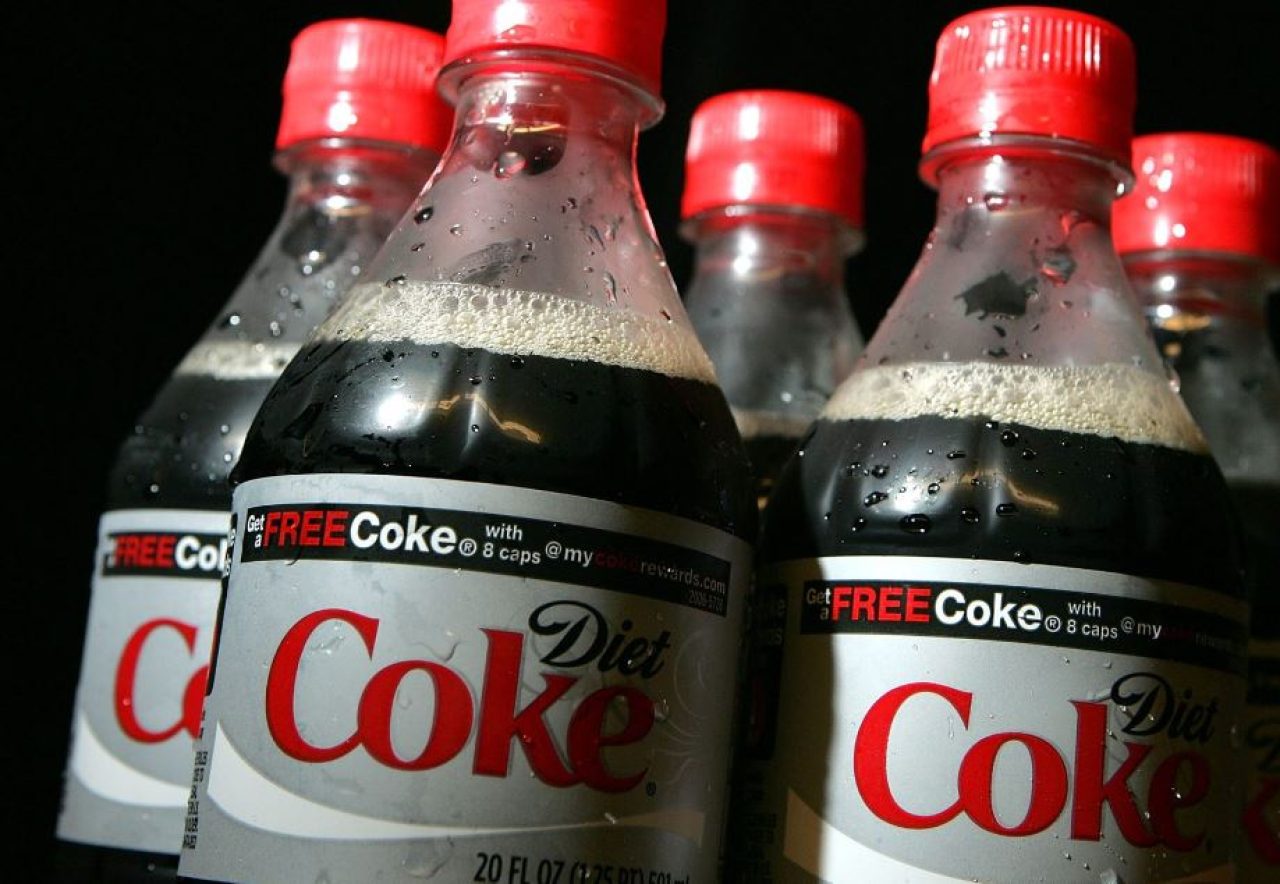
According to the sources, the International Agency for Research on Cancer (IARC), the cancer research arm of the World Health Organization (WHO), will list aspartame as “possibly carcinogenic to humans” for the first time in July. Aspartame is an ingredient in products like Coca-Cola diet sodas, Mars’ Extra chewing gum, and some Snapple drinks.
The IARC decision, which was made earlier this month following a meeting of the group’s outside specialists, aims to determine whether or not anything poses a risk based on all available published information.
How much of a product a person can safely ingest is not taken into account. JECFA (the Joint WHO and Food and Agriculture Organization’s Expert group on Food Additives), a different WHO expert group on food additives, along with decisions from national regulators, provide this advise for individuals.
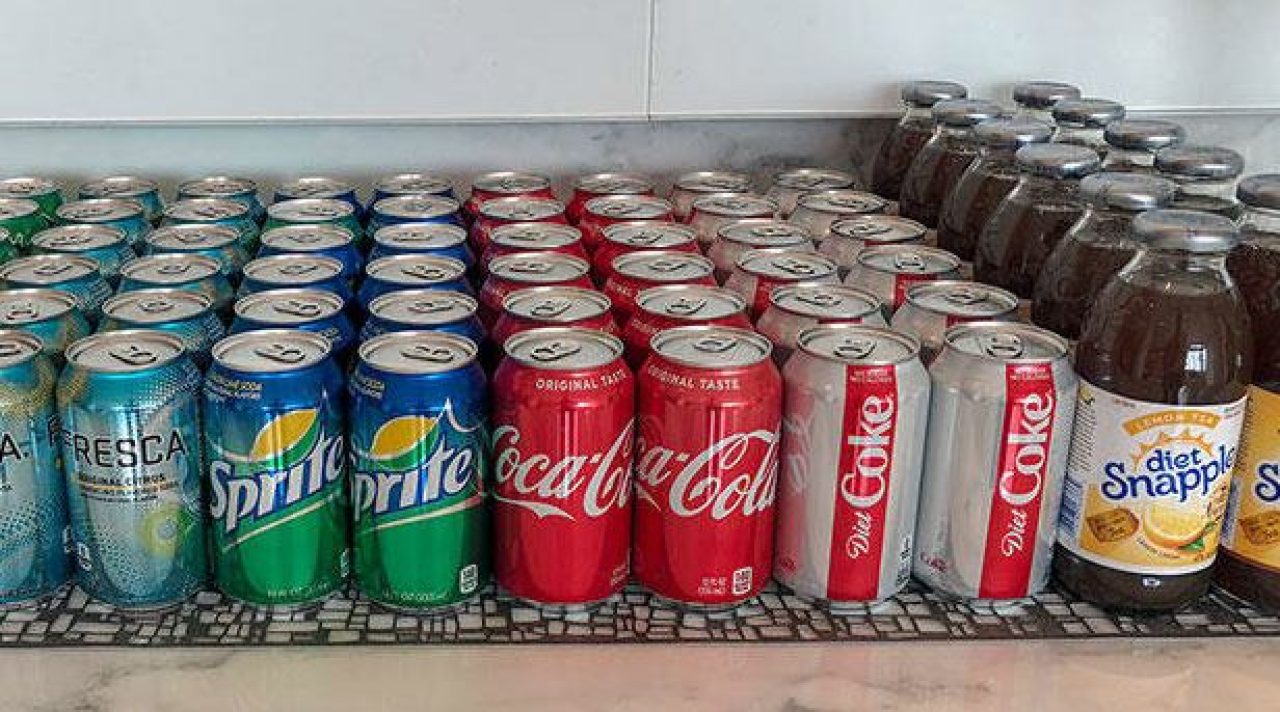
Similar IARC decisions for other drugs, though, have prompted litigation, alarmed people about their use, and forced producers to rework formulas and employ alternatives. This has given rise to complaints that the public may find the IARC’s assessments perplexing.
This year, JECFA, the WHO committee on additives, is also examining the usage of aspartame. Its meeting started at the end of June, and it is scheduled to release its conclusions on July 14—the same day the IARC releases its verdict.
JECFA has stated since 1981 that aspartame is safe to ingest within established daily limits. For instance, a 60 kg (132 lb) adult would have to consume between 12 and 36 cans of diet soda each day, depending on the amount of aspartame in the beverage, to put themselves in danger. National regulators, including those in the United States and Europe, mostly concur with this viewpoint.
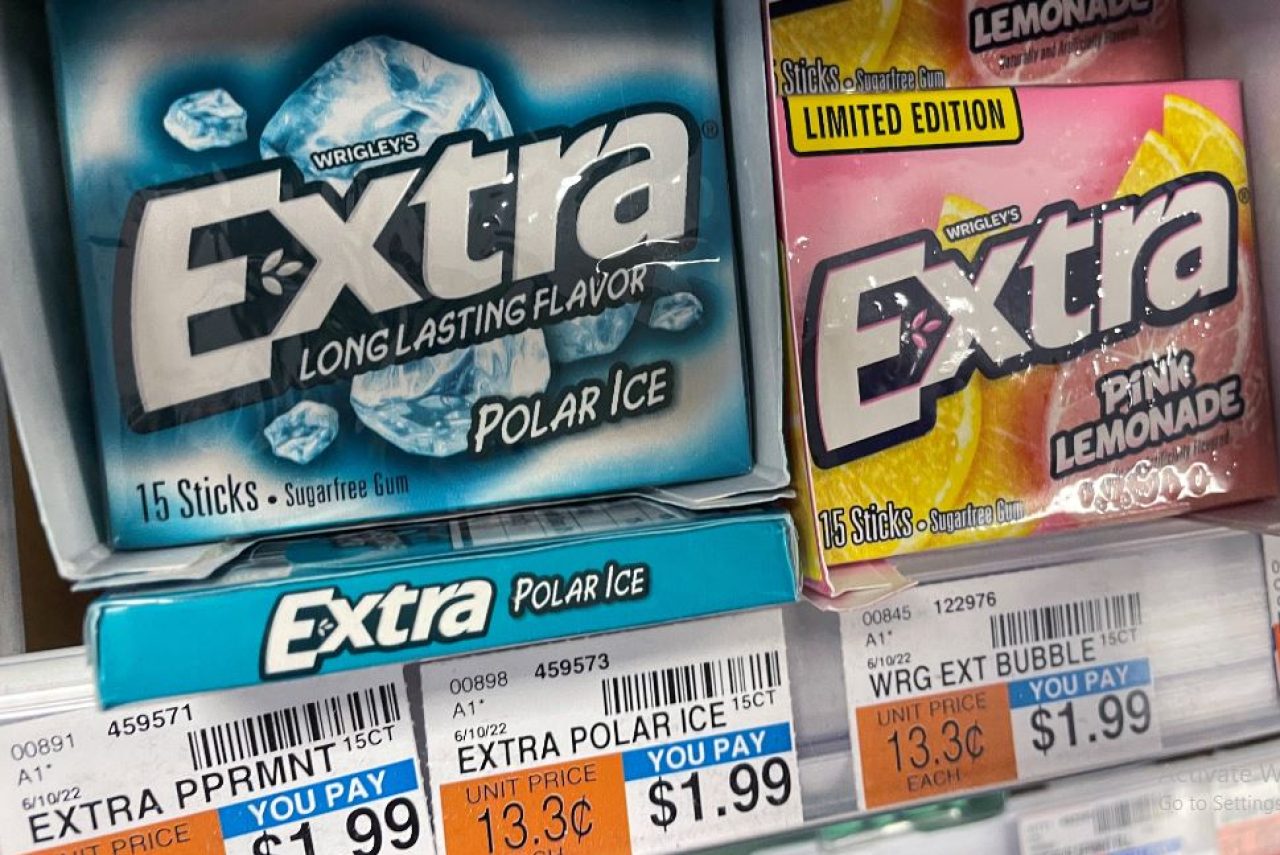
The JECFA committee’s findings and those of the IARC were both “confidential” until July, according to an IARC spokesman, who also noted that they were “complementary,” with the IARC’s conclusion serving as “the first fundamental step to understand carcinogenicity.” The additives committee “conducts risk assessment, which determines the likelihood that a particular type of harm (such as cancer) will occur under specific circumstances and levels of exposure.”
However, according to letters from U.S. and Japanese officials reviewed by Reuters, business and regulators worry that holding both processes at roughly the same time might be confusing.
Nozomi Tomita, a representative from the Japanese Ministry of Health, Labour, and Welfare, wrote to Zsuzsanna Jakab, the deputy director general of the World Health Organization, on March 27. “We kindly ask both bodies to coordinate their efforts in reviewing aspartame to avoid any confusion or concerns among the public,” she wrote.
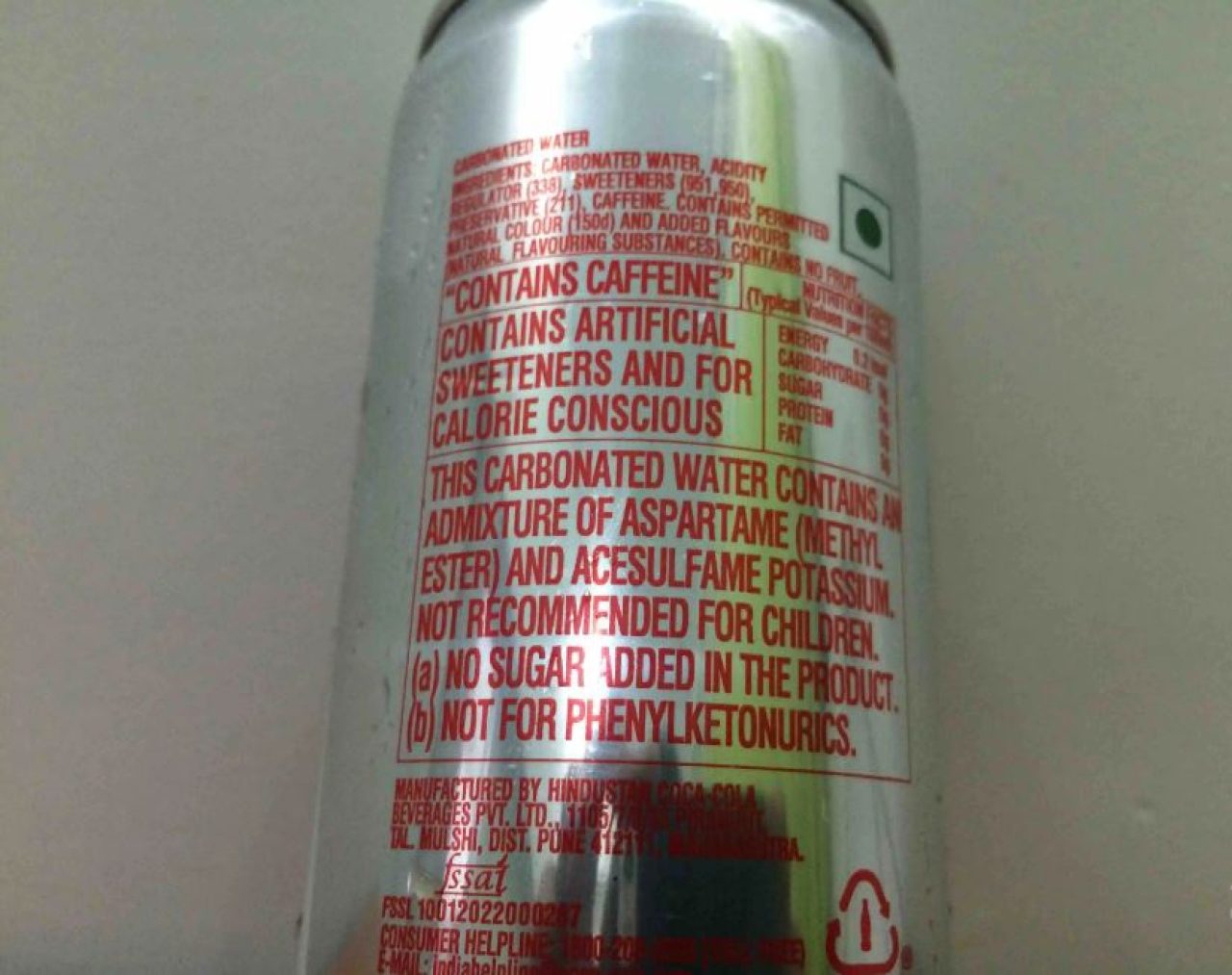
The letter also demanded that both bodies’ results be published on the same day, which is presently taking place. A request for comment was not answered by the Japanese delegation in Geneva, which is home to the WHO.
DEBATE
The IARC’s decisions can have a significant effect. In 2015, its committee reached the “probably carcinogenic” conclusion regarding glyphosate. Even after the European Food Safety Authority (EFSA) and other organizations disputed this, the decision’s impacts were still being felt by businesses. In 2021, German company Bayer’s third attempt to overturn judgements from American courts awarding damages to clients who claimed their use of the company’s glyphosate-based weedkillers caused their malignancies failed.
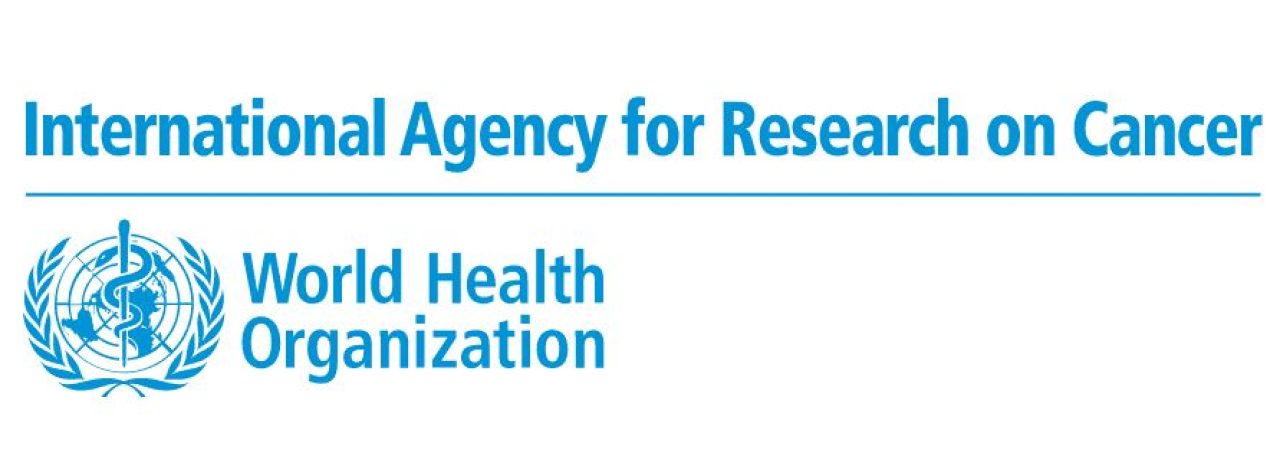
The IARC’s decisions have also come under fire for raising unnecessary concern about things or circumstances that are difficult to avoid. It had previously classified using mobile phones as “possibly cancer-causing,” similar to aspartame, and classifying working overnight and eating red meat as “probably cancer-causing” activities.
Frances Hunt-Wood, the secretary general of the International Sweeteners Association (ISA), criticised the IARC study of aspartame as being based mainly on widely discredited studies and not being a food safety organisation.
The organization said it had “serious concerns with the IARC review, which may mislead consumers” and was made up of members such as Mars Wrigley, a Coca-Cola subsidiary, and Cargill.
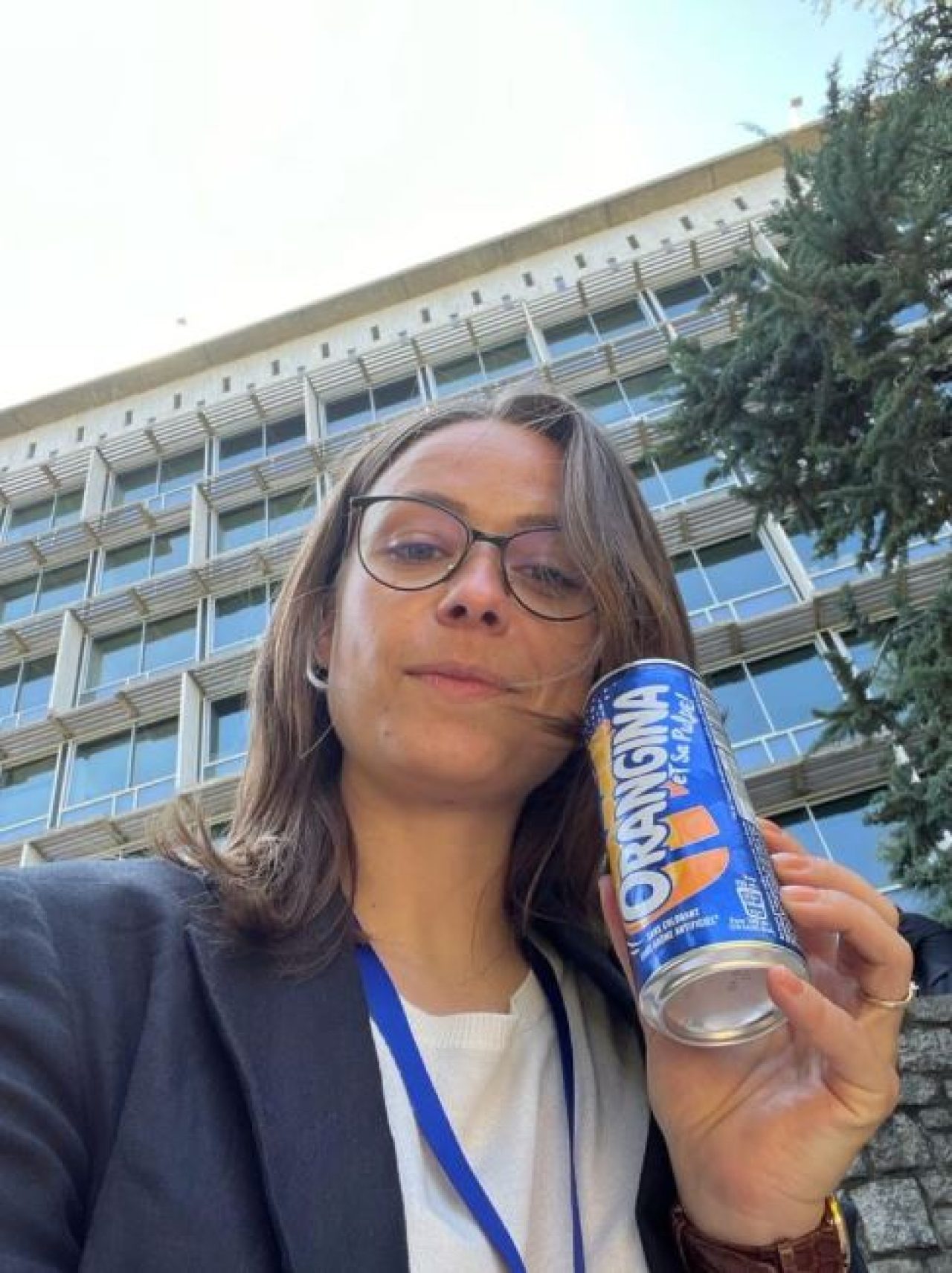
Kate Loatman, executive director of the International Council of Beverages Associations, stated that the “leaked opinion” should cause public health authorities to be “deeply concerned” and that it “could needlessly mislead consumers into consuming more sugar instead of choosing safe no- and low-sugar options.”
Numerous studies on aspartame have been conducted over years. An observational study conducted in France last year involving 100,000 participants revealed a small increase in cancer risk among those who ingested more artificial sweeteners, including aspartame.
It came after a study from the Ramazzini Institute in Italy in the early 2000s claimed that aspartame may have caused some tumors in mice and rats.
However, the first study was unable to demonstrate that aspartame was responsible for the elevated cancer risk, and concerns have been voiced about the second study’s methodology, notably by EFSA, who evaluated it.
Regulators have approved the use of aspartame around the world after thoroughly examining the facts, and significant food and beverage manufacturers have defended the use of the chemical for decades. 1300 studies were evaluated, according to the IARC, in its evaluation from June.
Recent recipe alterations by the beverage juggernaut Pepsico show the difficulty the sector has in juggling consumer taste preferences with health concerns. Aspartame was taken out of sodas by Pepsico in 2015, returned a year later, and then taken out once more in 2020.
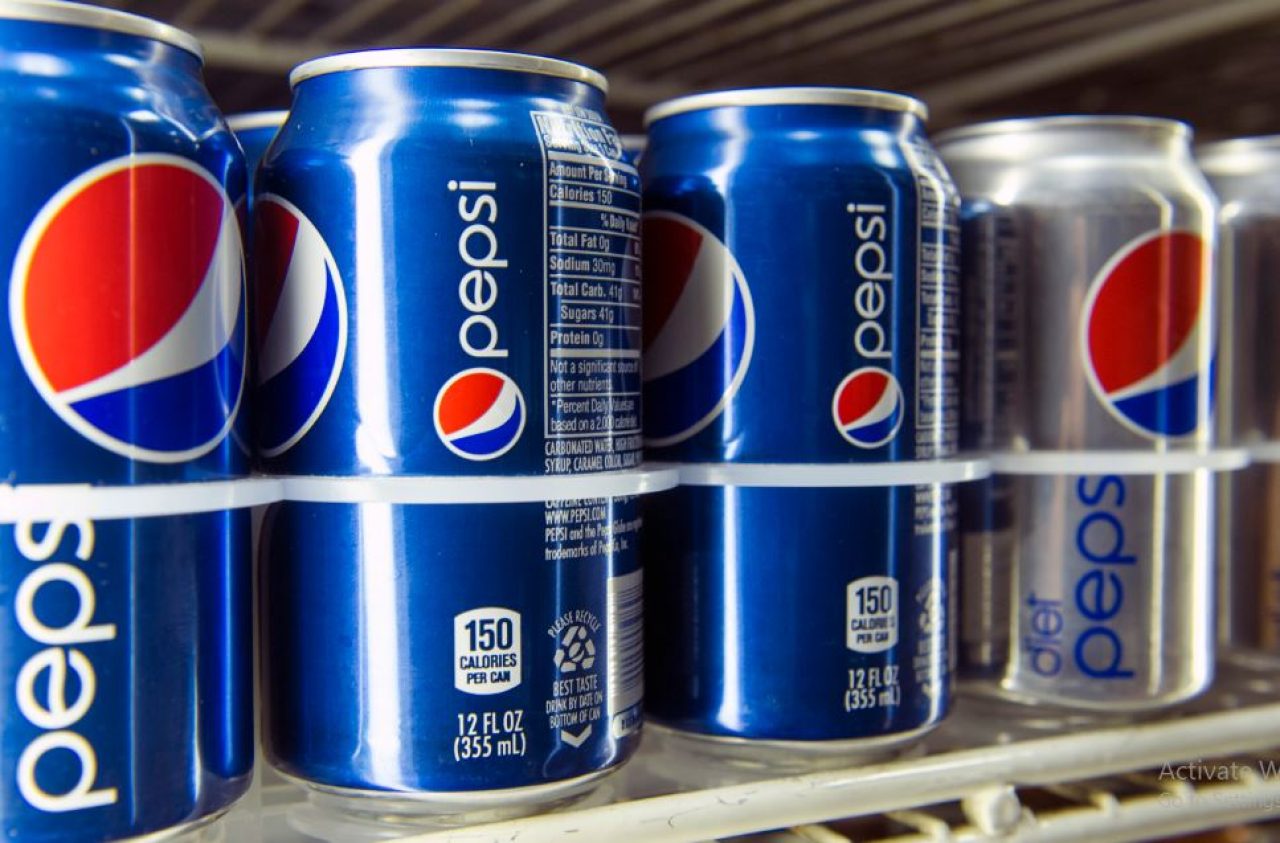
According to individuals close to the IARC, the IARC’s decision to list aspartame as a potential carcinogen is meant to spur further investigation that will enable agencies, consumers, and producers to make more informed decisions.
But it’s also likely to reignite discussion about the IARC’s function and the general safety of sweeteners.
The WHO published recommendations last month telling people not to use artificial sweeteners to lose weight. The rules sparked a controversy in the food business, which claims they can be beneficial for consumers looking to cut back on their intake of sugar.
